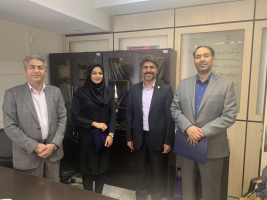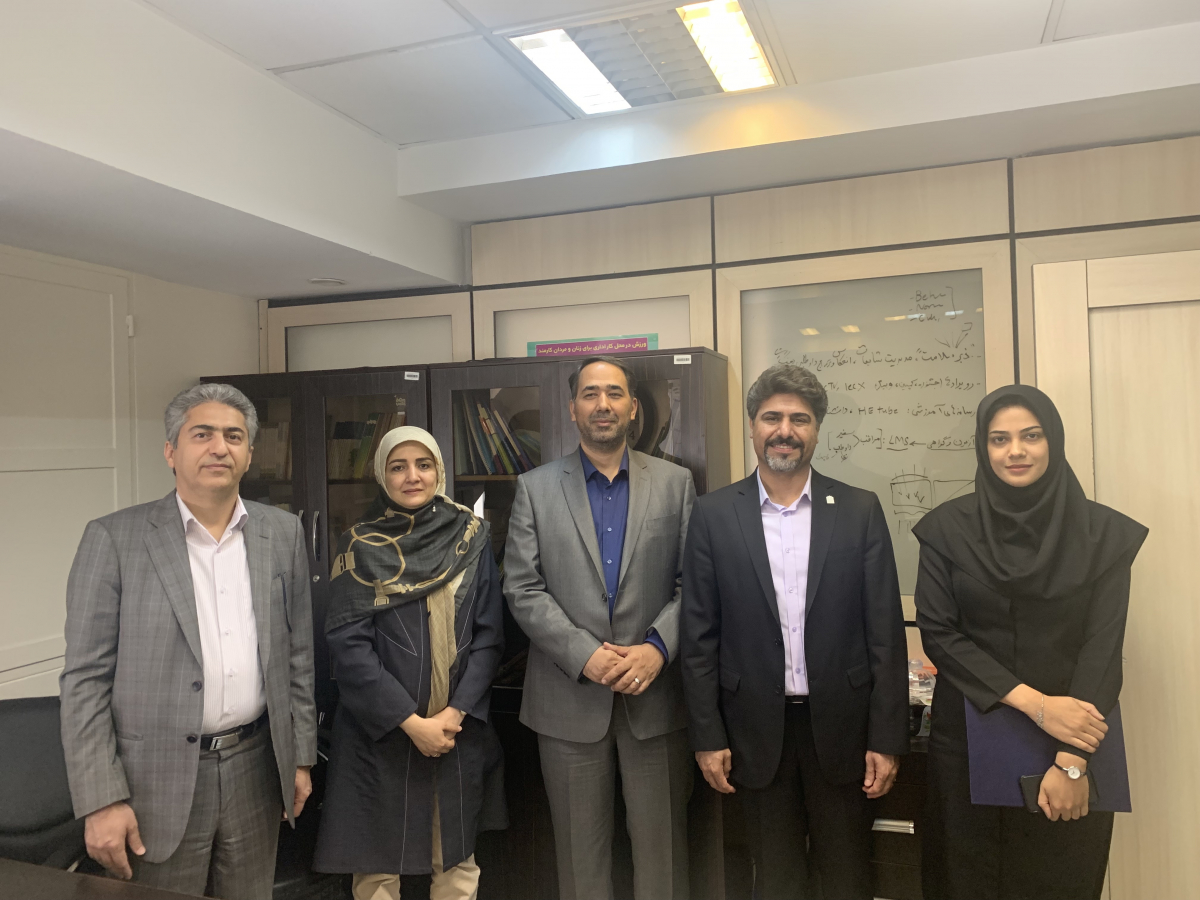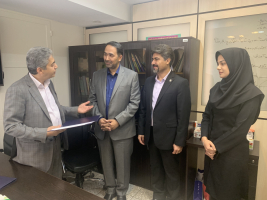
A joint meeting was held between the Cochrane Iran Associate Centre and the Office of Education and Health Promotion of the Ministry of Health, and Medical Education on the May 3, 2023 to achieve the goals of the research project “Integration of Cochrane Evidence Essentials into Iran's Primary Health Care Networks”.
“The Cochrane Evidence Essentials” is an online free resource that serves as an introduction to evidence-based medicine and how to use it, allowing individuals to make informed choices about their healthcare services. To this end, the Cochrane Evidence Essentials provides a set of educational modules that include an introduction to evidence-based medicine, clinical trials and studies, systematic reviews and meta-analyses, and their applications in simple and practical language, so that healthcare recipients (patients, caregivers, family members), policymakers, and healthcare personnel can use it.
In this project, efforts have been made to not only translate the standard Cochrane educational content appropriately but also to local adoption of it, and the educational stories designed in the content are accompanied by images suitable for the target groups, including health team members, volunteers such as ambassadors and health volounteers, while maintaining the learning objectives. Cochrane Evidence Essentials helps individuals make informed decisions in an innovative way. Throughout the content, the audience becomes familiar with a personal educational story named "Sara". They learn how Sara got acquainted with Cochrane Evidence Essentials and the reason for her acquaintance. They can help their family members and friends to manage medical recommendations from various sources, such as friends' opinions, a magazine, or comments posted on a website or virtual page. The audience learns where medical recommendations come from and how to follow which medical recommendation.

In this meeting, which was attended by Dr. Farshid Rezaei, the Director-General of the Office of Education and Health Promotion, Dr. Farid Najafi, Director of the Cochrane Iran Associate Centre, Dr. Afrouzeh Kazemi, an expert at the Office of Education and Health Promotion, Dr. Bita Masgarpour, Co-Director of the Cochrane Iran Associate Centre, and the Principle Investigator, Dr. Manouchehr Karami, a brief report on the project's progress was presented. Then, the head of the Cochrane Iran Associate Centre emphasized the importance of the Cochrane Evidence Essentials project and its role in promoting health literacy and preventing infodemics (the spread of misinformation). Dr. Rezaei then described the executive solutions for achieving the project's predicted goals in collaboration with the Office of Education and Health Promotion.

In conclusion, Dr. Najafi thanked the Office of Education and Health Promotion, especially Dr. Rezaei and Dr. Kazemi, for their cooperation and interaction, by introducing more opportunities for collaboration between the Cochrane Iran Associate Centre and the Office of Education and Health Promotion. He presented a certificate of appreciation and gratitude to them.
The Cochrane Evidence Integration project in the health network system is currently being implemented with the participation of researchers from Shahid Beheshti, Tehran, and other medical universities, as well as policymakers from the Deputy of Health at the Ministry of Health, and Medical Education. Currently, the project has made 80% progress. The findings of this research will lead to public education and awareness about valid health evidence with the aim of providing access to and identifying valid and reliable health evidence for themselves and their family members for the general public. Additionally, Iran will be among the leading countries in using valid evidence for health decision-making by the general public to improve their healthcare.
Link
Becoming Familiar with Cochrane Evidence, Office of Education and Health Promotion, Vice-Chancellor for Health, Ministry of Health, and Medical Education, Iran
